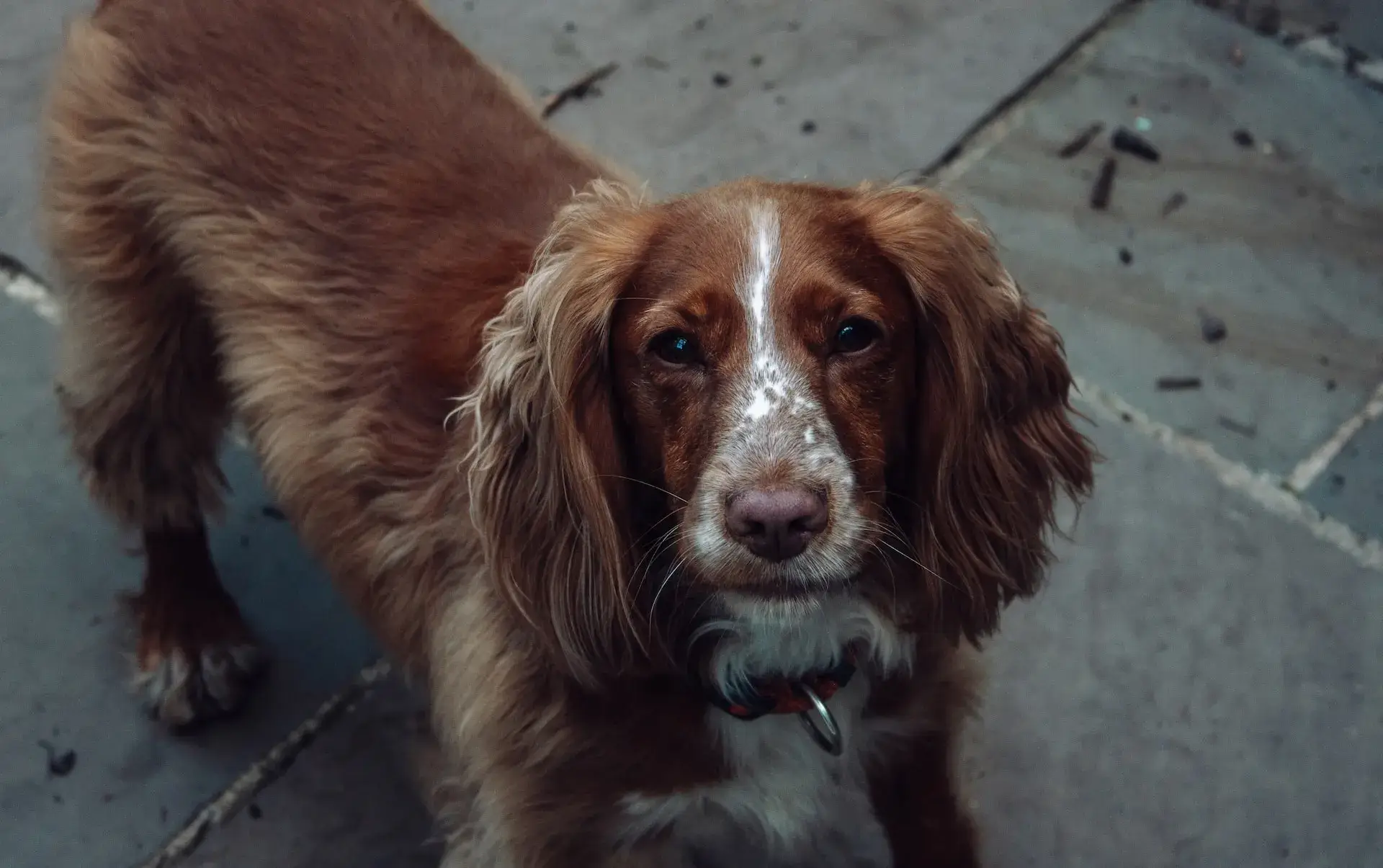Did you know that cats become seniors roughly around the age of eleven? Kitties usually age gracefully, so you’re more likely to see slow, gradual changes in your cute pet’s appearance and behavior than rapid changes. However, just like people, Fluffy will need to see her doctor more often as she grows older. A local vet offers some helpful advice on taking an aging feline to the doctor in this article from your Hiawassee, GA animal clinic.
How Do I Transport An Older Cat?
We always advise keeping cats secured in crates or carriers for travel: it’s much safer for both you and your furry companion. We’d recommend using a hardshell carrier, to protect your pet from getting bumped or jostled. Add some comfy bedding to the carrier to make it more inviting. You can also include a favorite toy, or even give your pet some catnip.
It’s not uncommon for elderly kitties to be quite stiff and sore, especially if they have arthritis or other medical issues. This can make being picked up and held quite uncomfortable—or even painful—for Fluffy. Be very careful when handling your pet. When you hold her, make sure that her weight is properly supported. Then, when it’s time to set her down, do so carefully, and don’t let go until her paws are on the floor.
How Do I Know If My Elderly Cat Is Happy?
These days, it’s not uncommon for cats to live well into their teens or even their twenties. An 11-year-old cat may still be frisky and playful, and may have several years of purrs and pounces left.
Once your feline buddy gets to be about 15 or so, she’ll be considered geriatric. At this point, she may develop medical issues. Some of the most common ones we see in older cats are arthritis, heart disease, diabetes, hyperthyroidism and kidney disease. However, there are many others.
Keep in mind that our feline friends don’t all age the same way. Some kitties may seem perfectly happy, and then decline suddenly. Others may gradually succumb to illness or disease.
You can loosely judge your pet’s quality of life by her manners and appearance. If she’s active, alert, and playful, it’s a good sign.
What Are The Signs That A Senior Cat Is Sick?
Your vet, of course, should be the ultimate authority on your cat’s health. However, it’s also important for you to pay attention to your kitty, and watch for signs that something is going on with her. These may be subtle, so keep a close eye out.
Some of the things you would want to look for include weight loss, increased urination, stiffness, vomiting, diarrhea, increased thirst, litterbox issues, and respiratory issues.
It’s worth noting that a few things which would normally be indicative of sickness in kitties aren’t always red flags in older cats. For instance, sleeping a lot may be a red flag in some animals, but is actually normal in older kitties. Fluffy can snooze up to 20 hours a day!
Unkempt fur is another one: this is also often a warning sign in younger cats, but isn’t necessarily unusual in older ones. This is because older cats’ skin produces more oil. Plus, Fluffy may just have trouble bending and stretching to groom herself. That said, if your pet’s coat suddenly starts looking messy and/or really looks messy, definitely reach out to your vet.
You’ll also want to watch for behavioral changes. These vary from furball to furball. Some cats meow excessively when they don’t feel well, while others become very quiet. Fluffy may also act more or less affectionate.
How Often Should My Senior Cat Go To My Hiawassee, GA Vet?
There’s no universal answer to this one: it’s going to depend on Fluffy’s age, health, and lifestyle. We generally recommend bringing older cats in at least once a year. However, if your pet has medical issues, she’ll need more frequent appointments. Follow your vet’s recommendations.
What Are Common Health Issues In Senior Cats?
Kitties in their golden years become susceptible to many of the same health problems as aging people do. Kidney disease is a common one, and is actually the number one cause of death in cats. Some of the other ones we see most often in our elderly patients include diabetes, hyperthyroidism, cancer, heart disease, liver disease, osteoarthritis, and IBD or Inflammatory Bowel Disease. Another common issue is Feline Lower Urinary Tract Disease (FLUTD), which can cause Urinary obstruction, Bladder stones, and Kidney problems. We also often see cognitive decline in aging felines.
While any cat can develop any of these issues, certain breeds are prone to developing specific problems. If you know what kind of cat your feline friend is, do some breed research. If not, you may want to consider doing a kitty DNA test.
How Do I Make Appointments Easier On My Senior Cat?
Fluffy is a homebody at heart, so she probably won’t be thrilled about the disruption to her napping schedule. (She’s also just not a fan of car rides in general.)
There are a few small things you can do to make the trip easier. In addition to providing a comfortable carrier, as mentioned earlier, you may want to try to book a time when the clinic isn’t usually busy. There are no guarantees that any day will be quiet, because emergencies can happen at any time, but some times and days are usually busier than others. Ask the front desk about this when scheduling.
Of course, if there’s an emergency, then the priority should be getting Fluffy in as soon as possible.
What Happens At A Senior Cat Vet Visit?
If Fluffy is just coming in for an exam and wellness care, the appointment will probably be fairly close to what you’re accustomed to. Your vet will evaluate her body condition, and check vital signs such as her pulse and breathing. They’ll also advise you about any recommended vaccines or boosters Fluffy may need. Your kitty may need certain tests or panels, depending on her age and any symptoms she is showing.
Of course, if you’re bringing your pet in for an urgent care visit, then it would just depend on what is going on.
How Do I Keep A Senior Cat Comfortable?
Fortunately, it shouldn’t be hard to keep your cute pet happy, healthy, and purring. Providing good food, a comfy environment, and a clean litterbox will go a long way. Grooming can also help keep your kitty comfy.
You can also take small steps to make your place a bit more senior-friendly. Get some pet ramps or steps to help your feline pal reach her favorite perches, and set out night lights for her to help her get around after dark.
Playing with Fluffy regularly can also help keep her fit, and provides beneficial mental stimulation as well. (Plus, senior cats are very cute when they’re playing.) Ask your vet for specific advice.
Finally, just make sure Fluffy feels loved and safe. Pay lots of attention to her, and keep that motor going. Senior kitty purrs are precious!
Do you have questions about caring for a senior cat? Do you need to make your feline buddy an appointment? Contact us, your Hiawassee, GA veterinary clinic, anytime.



